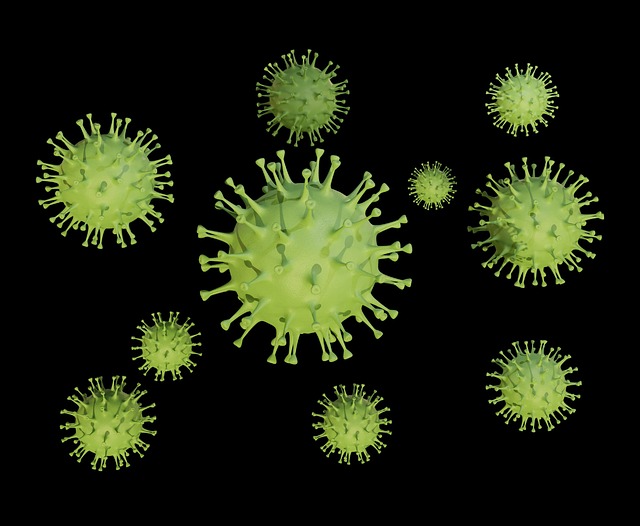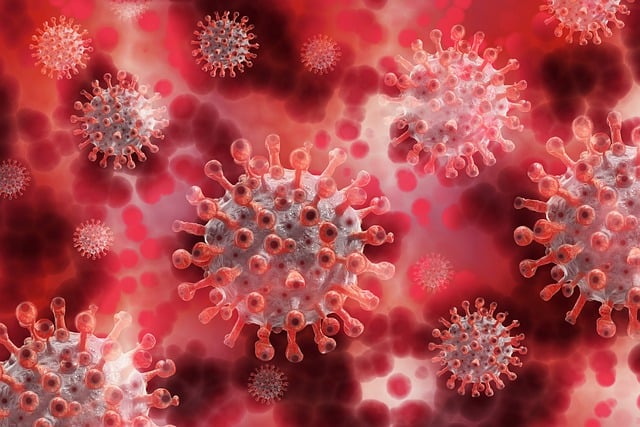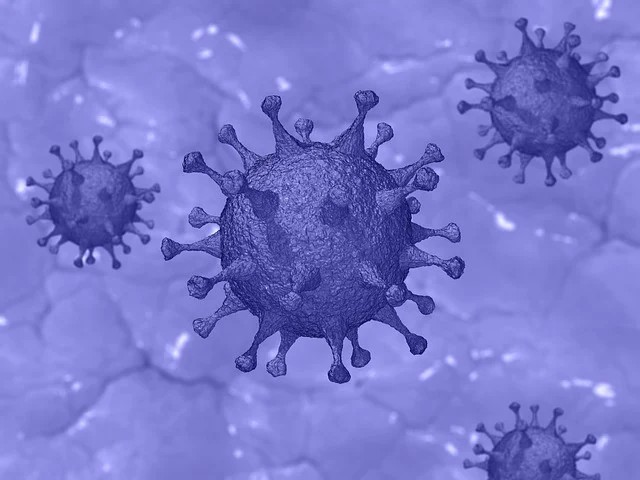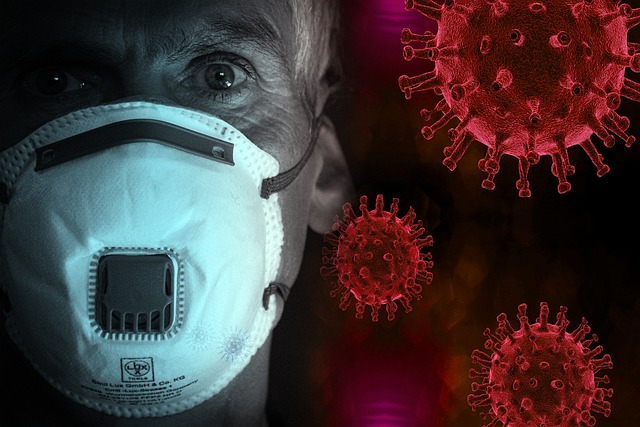
Debunking the Myth of a 'Tsunami' of Poor Mental Health: Insights from COVID-19 Populations
The myth of a 'tsunami' of poor mental health in populations affected by COVID-19 is debunked, highlighting the need for nuanced approaches to mental health care that address individual needs and vulnerabilities.
April 2022

Multisystem Inflammatory Syndrome in Children: Treatment Outcomes during the COVID-19 Pandemic
Analysis of treatment outcomes for multisystem inflammatory syndrome in pediatrics during the COVID-19 pandemic informs clinical decision-making and management strategies for this rare inflammatory condition in children.
April 2022

Neuropsychiatric Complications of COVID-19: Challenges in Multidisciplinary Care
Neuropsychiatric complications of COVID-19 require highly coordinated care across disciplines due to their likelihood of coexisting with other medical conditions, underscoring the importance of integrated management strategies to address the complex needs of affected patients.
April 2022

Risk of Acute Myocardial Infarction and Stroke after COVID-19: Insights from Epidemiological Studies
Self-controlled case series and matched cohort study assesses the risk of acute myocardial infarction and stroke after COVID-19 infection, providing valuable insights into the cardiovascular complications of SARS-CoV-2 infection.
April 2022

Risk Factors for Severe COVID-19 in Children: Lessons from Retrospective Cohort Studies
Retrospective cohort study identifies epidemiological and clinical risk factors for severe COVID-19 disease in children, informing public health strategies and clinical management guidelines for pediatric COVID-19 patients.
March 2022

Long-Term Choroidal Changes after COVID-19 Infection: Insights from Ocular Imaging Studies
Significant reduction in choroidal thickness is observed within weeks after COVID-19 infection, suggesting potential ocular manifestations of the disease and the need for long-term monitoring of ocular health in recovered patients.
March 2022

Clinical Management of COVID-19 Patients after Intensive Care: Addressing Key Challenges
Interdisciplinary team conducts a narrative literature review to identify key issues in the clinical management of COVID-19 patients after intensive care, highlighting the need for comprehensive post-ICU care strategies to optimize patient outcomes.
March 2022

Choosing Wisely in COVID-19: Empowering Patients and Clinicians with Evidence-Based Care
Initiative aims to help patients and clinicians choose evidence-based care during the COVID-19 pandemic, promoting shared decision-making and informed choices to optimize patient outcomes and resource utilization.
March 2022

Impact of COVID-19 on Neonates and Mothers: Addressing Perinatal SARS-CoV-2 Infection
Perinatal SARS-CoV-2 infection poses risks to neonates and mothers, highlighting the importance of early detection, preventive measures, and supportive care to optimize maternal and neonatal outcomes during the COVID-19 pandemic.
March 2022

Early Use of Nitazoxanide in Mild COVID-19 Disease: Safety and Efficacy Findings
Early use of nitazoxanide in mild COVID-19 disease is safe and significantly reduces viral load, suggesting a potential role for this antiparasitic agent in the treatment of SARS-CoV-2 infection, pending further clinical trials to confirm efficacy.
March 2022















